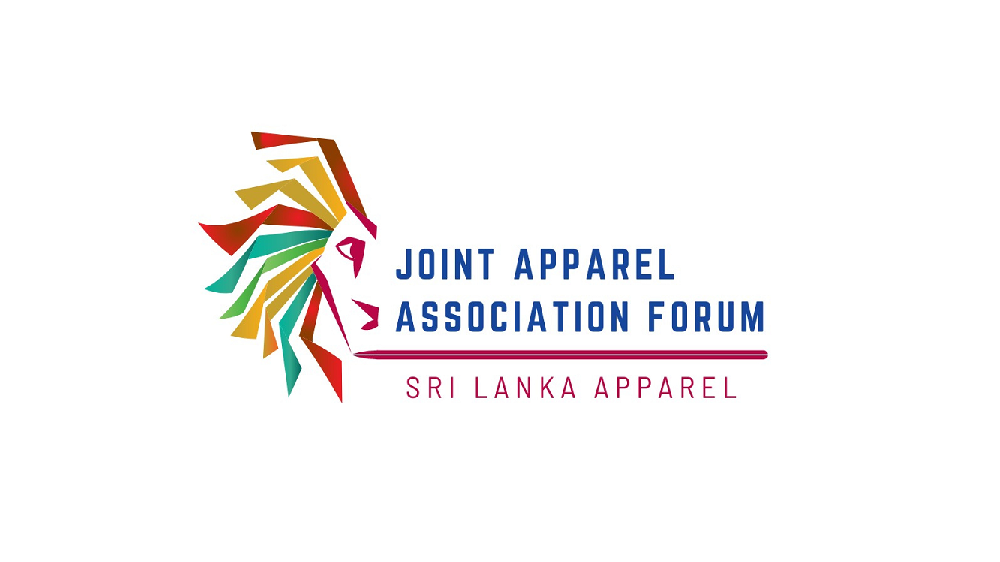
With the countdown to the forthcoming abolition of the Simplified Value-Added Tax (SVAT) system ticking down to an end date of 1st April 2025, the apex body of the Sri Lankan apparel industry, the Joint Apparel Association Forum (JAAF) urged the Government to urgently reconsider its decision in light of growing stresses on the industry.
“The apparel sector is currently grappling with significant challenges in the global market, which is already being reflected in reduced export figures. At such a time, the removal of SVAT without first establishing a viable and efficient refund mechanism is going to drastically disrupt cash flows for all exporters including the apparel industry, which makes up nearly half of the nation’s entire export portfolio. Failure to reconsider this policy will almost certainly exacerbate financial strain on the sector, and further erode Sri Lanka’s export competiveness as funds will inevitably be tied up in refund processes, even in the most efficient systems,” said Bandula Fernando, Chairman, Sri Lanka Chamber of Garment Exporters – which represents the SME sector with JAAF.
While authorities have committed to “significantly speed up valid VAT refunds” the apparel industry has maintained its position that this commitment has not been met with no measurable improvements on time taken for refunds having been achieved as yet. According to Fernando, any decision to proceed with abolition of the SVAT scheme in the absence of any tangible progress on speeding up valid VAT refunds would be catastrophic, particularly for the SME sector.
“The SME sector is really struggling right now and if the removal of the SVAT system goes ahead this will be a major burden on the cash flows of the SME sector. Despite the law requiring for refunds to be made within 45 days, exporters have legitimate VAT refunds due as far back as 2010 and no interest is paid on these delayed refunds. In that time, the Sri Lankan rupee has lost 69% of its total value. Such inefficiencies will create insurmountable obstacles for SME apparel exporters, and severely erode cash flows even for larger players,” he noted.
Meanwhile, JAAF Secretary General, Yohan Lawrence stressed that JAAF and its members recognize and appreciate the Government’s need to meet revenue targets as part of the IMF program However, he noted that the decision to remove the SVAT scheme had unfortunately been made on two incorrect assumptions, namely: that the current system creates revenue erosion and that the removal of SVAT would enhance the revenue collection for the State.
“This claim has not been substantiated in respect of the formal apparel sector where the SVAT system is used for the sourcing of intermediary goods for the manufacture of apparel. The industry has been on a journey of backward integration whereby supply of raw materials has moved away from being imported to being manufactured locally. Removal of the SVAT system will reverse this trend, leading to more imports,” Lawrence cautioned.
According to industry experts, the primary effect of abolishing SVAT would be increased cash flow between exporters and the IRD, and not increased revenue. Sri Lanka’s history with VAT refunds prior to SVAT was marked by significant delays, with refunds due for over 18 months, creating significant financial bottlenecks for exporters.
Historically, VAT refund systems have been prone to fraud, particularly in the non-export sector. The SVAT system effectively mitigates this risk by limiting the scope for abuse. Exporters, who utilize SVAT to purchase local inputs for conversion into export products, have minimal local sales, thus reducing potential misuse. Conversely, the likelihood of fraud is significantly higher in an inefficient payment and refund system compared to the voucher-based SVAT system.
Moreover, the reintroduction of a VAT refund system may compel apparel exporters to import raw materials rather than purchasing domestically. This shift would not only strain cash flows but also increase imports and reduce incentives for domestic value addition, negatively impacting the balance of trade.
Under SVAT, apparel exporters could purchase local raw materials without immediate cash outflows for VAT, promoting the use of domestically produced inputs. With the inefficient refund system, the incentive to buy local decreases. Such a scenario would eventually undermine the unique vertical integration benefits that Sri Lanka’s apparel industry offers, potentially threatening the sector’s viability and the jobs it supports.
“Reinstating a VAT refund system will demand substantial resources from the IRD for ongoing follow-ups and evaluations, leading to increased administrative costs and misallocation of precious resources. The additional burden on both the IRD and the industry is unnecessary and counterproductive,” Lawrence added



